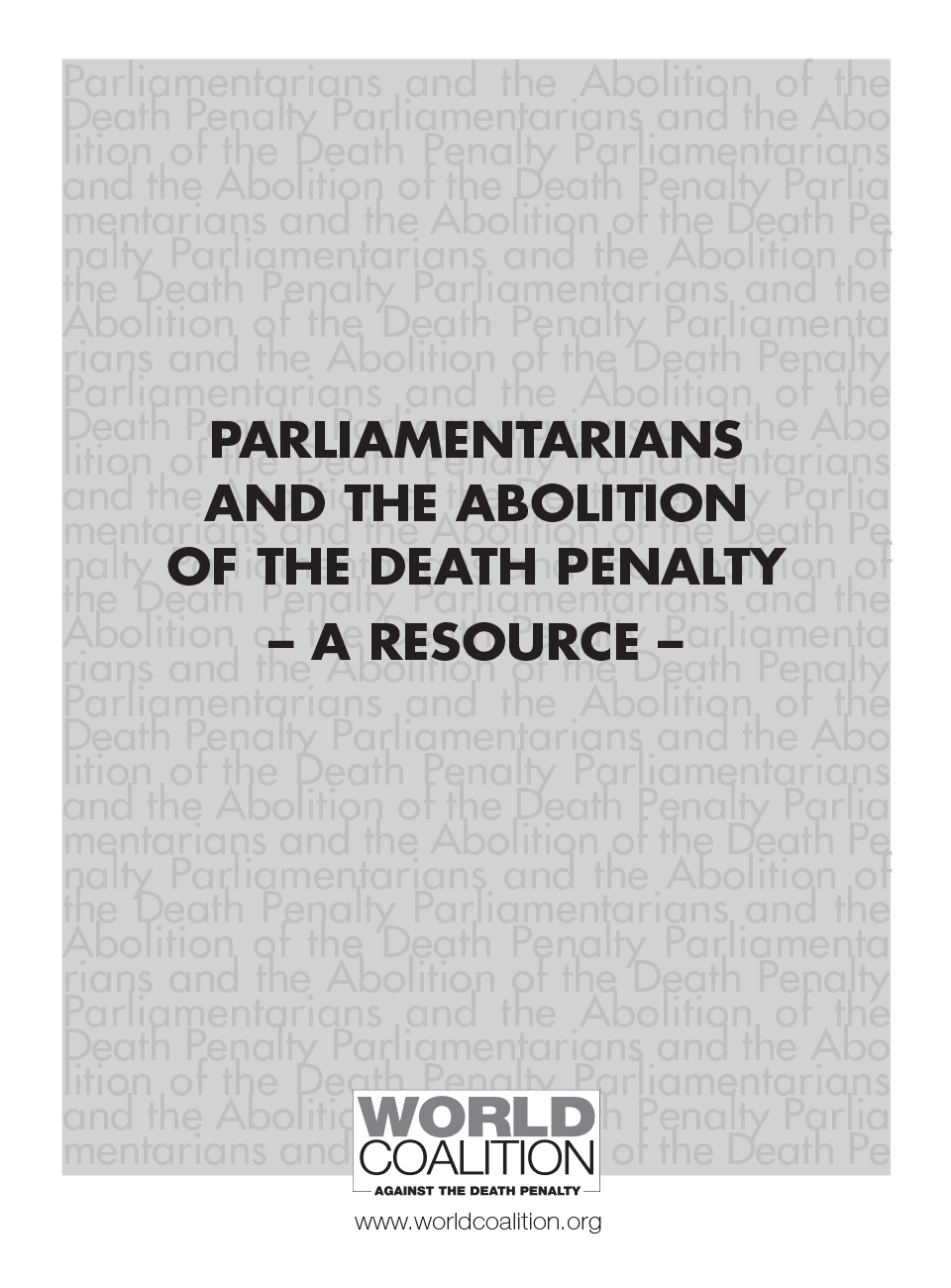Pope Francis' condemnation of the death penalty represents a significant shift in the Catholic Church's stance on capital punishment, marking a pivotal moment in global discussions about justice and human rights. This historic decision reflects not only a change in religious doctrine but also an evolving moral perspective that challenges societies worldwide to reconsider their approach to crime and punishment.
The Pope's declaration that the death penalty is inadmissible under any circumstances has sparked widespread debate and reflection among theologians, policymakers, and citizens alike. By advocating for the abolition of capital punishment, Pope Francis emphasizes the sanctity of life and the importance of mercy, urging humanity to break free from cycles of violence and retribution.
Evolution of Doctrine: A New Perspective
In 2018, the Catechism of the Catholic Church underwent a significant revision, asserting that in the light of the Gospel, the death penalty is inadmissible because it is an attack on the inviolability and dignity of the person. This update reflects a deeper understanding of human dignity and the value of life, aligning with the teachings of Jesus Christ. The revision serves as a call to action for Catholics and non-Catholics alike to reconsider their views on capital punishment.
This doctrinal shift underscores the Church's commitment to promoting peace and reconciliation. It highlights the importance of addressing the root causes of crime rather than resorting to punitive measures that perpetuate violence. By emphasizing rehabilitation over retribution, the Church aims to foster a more compassionate society where every individual has the opportunity to reform and contribute positively.
Moreover, the revised catechism encourages dialogue and collaboration among nations to establish fairer judicial systems. It invites governments and communities to explore alternative methods of punishment that respect human rights while ensuring public safety. This holistic approach acknowledges the complexities of modern society and seeks to address them through empathy and understanding.
A Call for Global Unity
In a letter addressed to the President of the International Commission Against the Death Penalty, Pope Francis reiterated the Catholic Church's firm opposition to capital punishment, declaring it unacceptable regardless of the severity of the crime. This bold statement reinforces the Church's dedication to upholding the inherent worth of every human being, even those who have committed heinous acts.
The Pope's message resonates beyond religious boundaries, appealing to universal principles of justice and compassion. By aligning with international organizations dedicated to abolishing the death penalty, the Church amplifies its voice in the global conversation about human rights. This collaboration strengthens efforts to create a world where forgiveness and restoration take precedence over vengeance and punishment.
Furthermore, Pope Francis' advocacy for the abolition of the death penalty inspires individuals and institutions to reassess their values and priorities. It challenges societies to embrace a culture of life that prioritizes healing and redemption over fear and retaliation. Through education and awareness, the Church strives to transform hearts and minds, fostering a more inclusive and equitable global community.
A Legacy of Compassion
For over a century, popes from Benedict XV to Francis have consistently championed the principles of mercy and human dignity. Their unwavering commitment to these ideals has laid the groundwork for the Church's current stance against the death penalty. This continuity demonstrates the Church's ability to adapt and grow while remaining true to its core beliefs.
In his encyclical Fratelli Tutti, issued in October 2020, Pope Francis solidified the Catholic Church's position by affirming the importance of unity and solidarity. He urged all Catholics to actively participate in the movement to abolish the death penalty worldwide, recognizing that this issue transcends borders and affects humanity as a whole. The encyclical serves as a guiding light for those seeking to build a more just and peaceful world.
Additionally, Pope Francis' writings and speeches emphasize the detrimental effects of capital punishment on society, warning that it fuels a poison of revenge and division. By calling for efforts to combat this cycle of violence, he invites individuals and communities to engage in meaningful dialogue and action. This proactive approach empowers people to challenge systemic injustices and work towards a future where compassion triumphs over cruelty.

